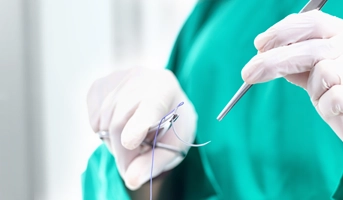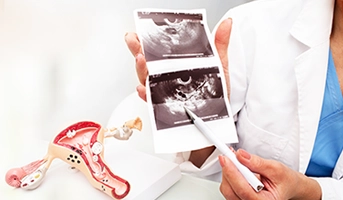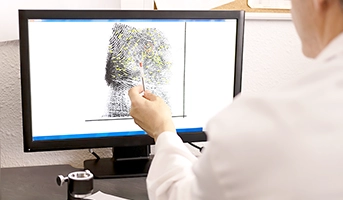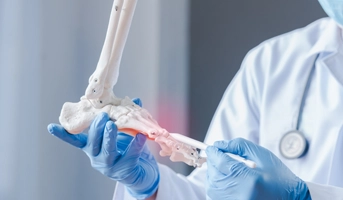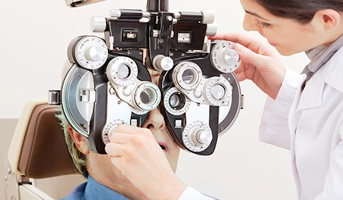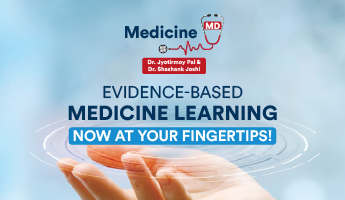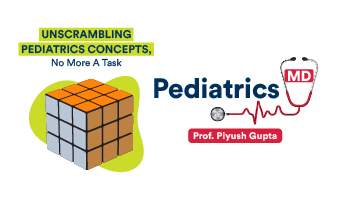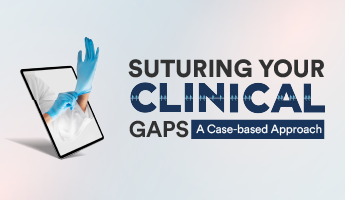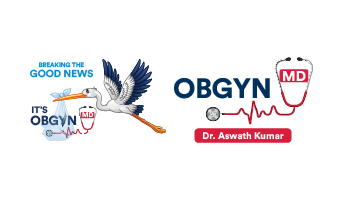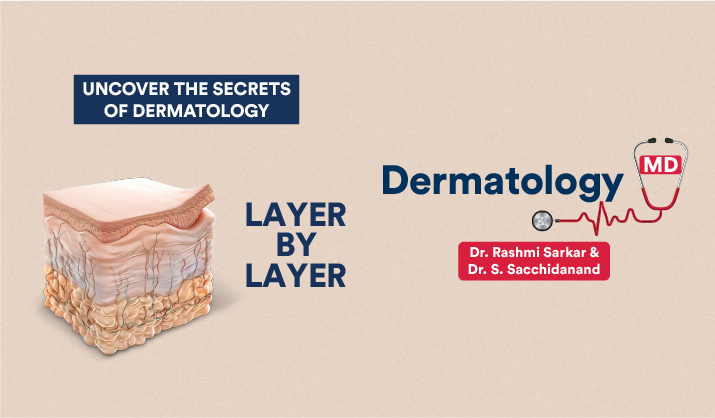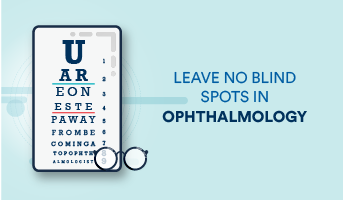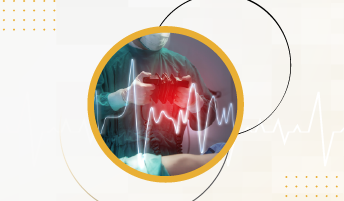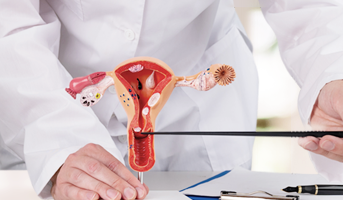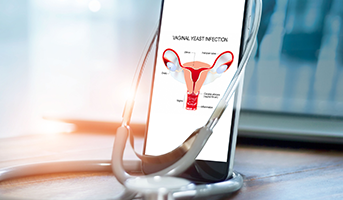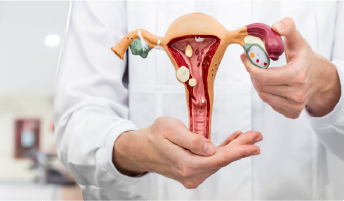Course features


Video Lecture: 215+ Hours
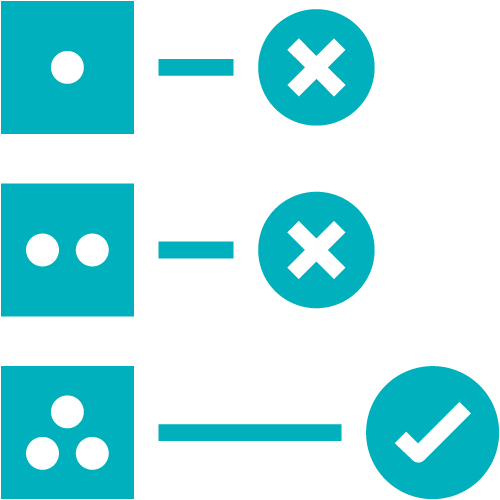

Benchmark Trials: 605+


Self-Assessment Questions: 1650+


Topics in Videos & Notes: 315+


DxTx: 230+


OSCEs: 135+


Drug Chart


Dr. Wise AI Chatbot


Printed Notes Available*
About this course
The meticulously crafted Medicine MD is an E-learning course by DigiNerve to provide a structure to the learning of postgraduate students. This course will help in addressing the gaps in clinical skills of postgraduate students and physicians. Differential diagnosis and clinical methods will help students in decision making in their clinical day-to-day practice. It aims to prepare them for their final MD examinations and transform them into exceptional physicians who excel clinically for better patient management. The course has been conceptualised under the guidance of esteemed Chief Editors, Dr. Jyotirmoy Pal and Dr. Shashank R Joshi; Advisory Editors, Dr. Girish Mathur and Dr. Gurpreet Singh Wander, who have provided overall guidance and direction to the course; and Associate Editors, Dr. Nandini Chatterjee, Dr. Jimit Vadgama and Dr. Priyanka Shah in collaboration with more than 200 experts in the field.
Medicine MD course includes a comprehensive range of medical specialties, including Neurology, Cardiology, Gastroenterology, Hepatology, Pulmonary and Chest Medicine, Rheumatology, and many more. The course offers a structured learning experience that includes basic sciences, long cases, short cases, and decision-making under each speciality.
Besides the systemic coverage, a few sections are provided that cover the following important aspects of a postgraduate course:
- History-taking and Clinical Methods: Learn the art of patient interaction and examination, the fundamental skill for any physician.
- Investigations in Medicine: Arrive at the appropriate diagnosis and treatment plan with medical investigations.
- Procedures in Medicine: Understand important diagnostic procedures and techniques.
- Pharmacotherapeutics: Make informed decisions about prescription medications
- Research Methodologies: Get acquainted with the nuances of medical research.
Some unique features have been incorporated in this course which sets it apart:
- Case-based approach: The course follows a case-based approach wherein the various lectures focus on case-based discussions, equipping postgraduate students with essential clinical skills. The case-based lectures address several concepts such as differential diagnosis, management strategies, laboratory algorithms, treatment pathways, complications, prevention, patient care messages, etc., all while incorporating global and Indian recommendations. Long and short case discussions in various sections are carefully curated to align with the MD Examination curriculum. Knowledge of these cases, specifically in neurology is extremely essential to steer through the final exams.
- Interactive learning Experience: After each video lecture, self-assessment questions test your understanding and retention of the content. Multiple-choice questions are also strategically integrated into the videos, enhancing comprehension and active engagement.
- Visual learning experience: The course features 2D animations to simplify complex concepts and make learning more visual and intuitive.
- OSCEs: Objective Structured Clinical Examinations (OSCEs) are vital in assessing clinical skills. The course offers these assessments in video and flashcard formats, enabling rapid revision and self-assessment, just like the real exam.
- Pharmacotherapeutics: Pharmacotherapeutics is presented through videos and a drug formulary, offering insights into drug usage in medical practice. The drug formulary empowers you to search for medications based on indications, drug names and pharmacological classification, streamlining your decision-making process. Color-coding is used to classify these drugs in high-risk, moderate-risk and low-risk categories.
- DxTx: A tool for quick consultation, this unique feature is represented by a human model that allows you to explore critical information in a click. You can learn about the various diseases associated with the human body along with clinical features, diagnosis, treatment, recent advances and clinical trials in a structured format. Furthermore, intricate etiopathological concepts are skillfully clarified using flowcharts, whenever necessary. This tool is aligned with the NMC curriculum.
The Course Includes:
- Video Lectures: 215+ hours of video lecture series, encompassing fundamental basic sciences, in-depth long and short case discussions, and lectures on decision-making in medicine.
- Long Case Discussion Videos: Collection of 60+ meticulously chosen long case discussion videos spanning important medical specialties, designed to aid in comprehensive preparation for the MD examination.
- Short Case Discussion Videos: Compilation of 40+ carefully curated topics of short case discussions spanning diverse medical specialties, aimed at seamless preparation of MD level examinations.
- Lecture Notes: This course includes well-illustrated 315+ lecture notes which will act as a ready reckoner for students. They are supplemented with evidence-based research studies mentioned at the end of each topic.
- Self-Assessment Questions: 1650+ MCQs serve both as valuable practice assessments and as a strategic integration within each video to improve comprehension.
- OSCEs: 10+ videos lectures and 125+ flashcards provide a standardized and objective method of assessing a candidate's clinical skills and competencies.
- DxTx: A unique tool comprising 230+ topics aligned with the NMC curriculum across various specialties.
- Animation videos: 30+ animations integrated in the videos covering mainly basic sciences, to simplify complex concepts.
- Interactive Drug Formulary: Detailed color-coded drug formulary included with important indications, contraindications, dosages, and common brand names.
- Engagement Activities: Regular chat shows, journal club, and recent updates are included as engagement activities.
- Benchmark trials: 605+ evidence-based studies/benchmark trials have been added to remain updated with recent advances in the field.
- Dr. Wise AI bot: Chatbot that clarifies theoretical as well as practical concepts with the help of AI. It is a comprehensive and interactive solution provider integrated with authentic published resources like books, journals, notes, and videos to offer apt explanations of concepts, treatment modes and more.
- Printed Notes: Concise notes are designed to save time by providing exam-focused, crisp details along with visual learning at an affordable price. The notes also comprise previous years' questions and ensure comprehensive coverage with an added highlight that provides reference for students to read more pertaining to topics. Existing users can purchase the printed notes @5,495 from here.
3 Days Money Back Guarantee available T&Cs apply.




